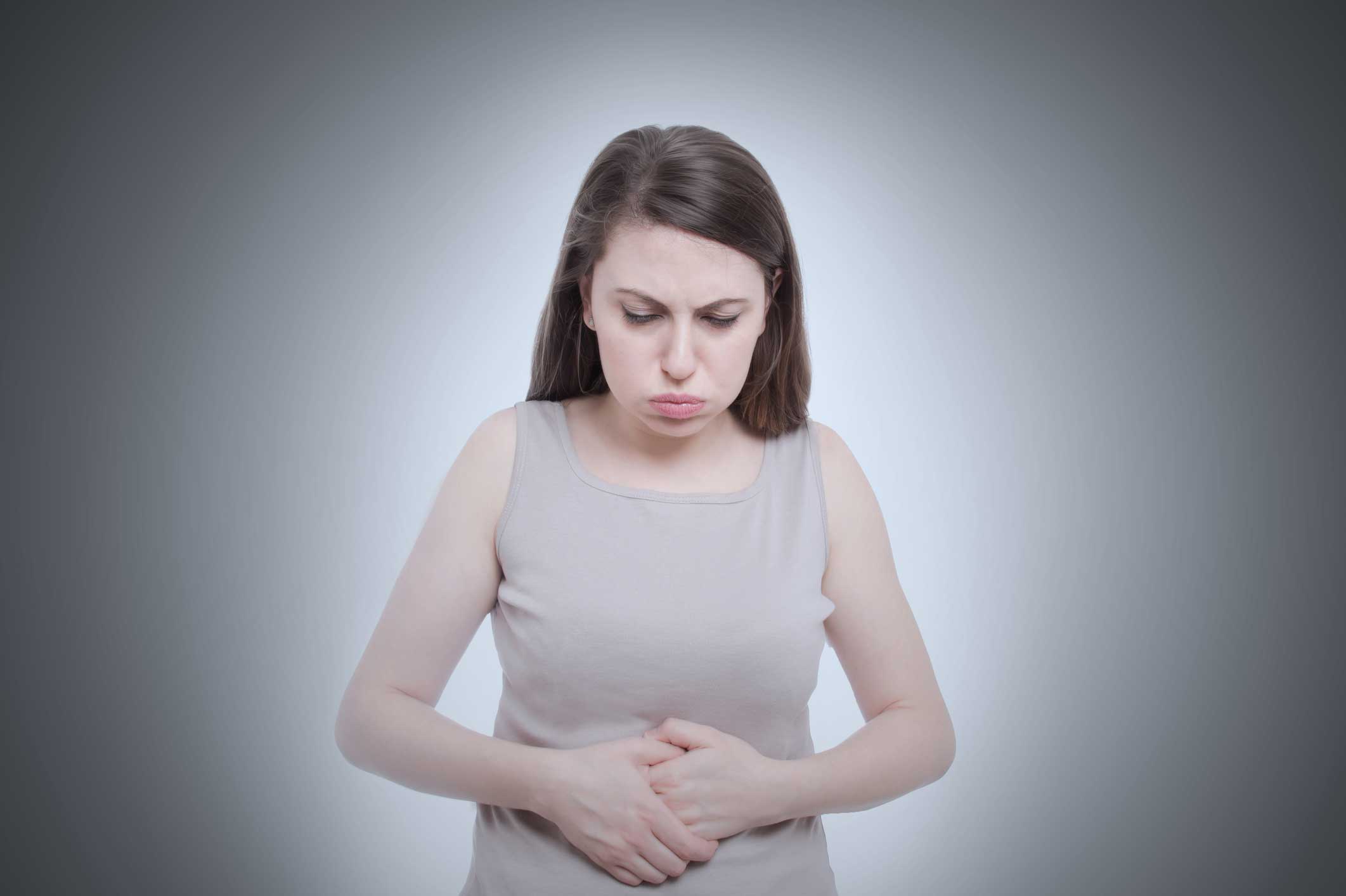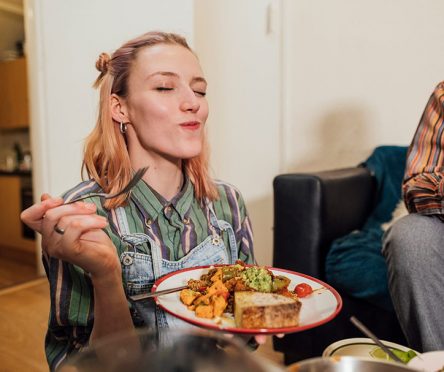Many patients complain of postprandial (after eating food) bloating. The symptoms are uncomfortable and can significantly interfere with the person’s quality of life.
People with this condition have difficulty fitting into their clothes, tend to feel heavier and experience discomfort throughout their abdomen. The good news is that bloating does not last for very long and it is usually self-limiting.
Here are some useful tips on how to avoid postprandial bloating:
- Don’t drink a lot of water with your food. Water dilutes the gastric fluids and slows down the digestive process. Ideally, drink water before your meal or 1 hour after.
- Chew your food slowly and chew your food well. People who eat fast tend to swallow large amounts of air that causes bloating. It is important to chew the food well to make it easier to digest.
- Restrict salt. Salt causes water retention in the body at the cellular level and in the stomach. Use spices and fresh lemon instead, to enhance the taste of your food and minimize the use of salt.
- Avoid carbonated beverages. They contain carbon dioxide that will be expelled by burping, but some will be trapped in the digestive system and cause bloating. Coffee and black tea may also cause indigestion. Avoid drinking using a straw to minimize the amount of air you swallow.
- Be aware of fiber. Fiber is part of a balanced healthy diet but it can cause bloating. If you are not used to consuming fiber, it is best to introduce it in your diet slowly.
- Be aware of legumes. Like fiber, legumes are a vital component of a hearty diet. They contain sugars and fibers that our body cannot break down easily to absorb. Legumes may be difficult to digest and are known to produce gas. Here are some tips to help you tolerate legumes better: soak them for at least 48 hours and change the water several times. Cook them long and slow. Serve them with quinoa and add spices like coriander, cumin or turmeric.
- Cruciferous vegetables (like cauliflower, cabbage, kale, broccoli and Brussels sprouts) are extremely healthy but also part of the usual suspects for bloating. Steam vegetables to soften their fiber and make them easier to digest. You can also blend them into a soup.
- Eat papaya or pineapple. They both have natural digestive enzymes that help the breakdown of fibers in our digestive system. They have a powerful antioxidant effect and contain essential vitamins.
- Exercise regularly. Exercise improves the health and function of our digestive system and decreases postprandial bloating.
If you develop postprandial bloating, get up and go for a walk. You can also try sipping on chamomile, lemon juice, ginger tea or chew ginger. Simethicone is an over-the-counter medication that may provide symptomatic relief.
Patients following weight loss surgery or anti-reflux surgery (fundoplication) may develop gas bloat symptoms. It is important to follow the dietary instructions that the surgeon provides to minimize gas and bloating in the postoperative period.
There are diseases of the digestive system that are associated with postprandial bloating. If your symptoms do not respond to the strategies we discussed, obtain a medical evaluation by your primary care physician or a gastroenterologist. Stay positive, enjoy some of the healthiest foods and try to minimize postprandial bloating.
Dr. Pavlos K. Papasavas is the Director of Surgical Research and Co-Director of Metabolic and Bariatric Surgery at Hartford Hospital.
For more information about acid reflux, click here.



